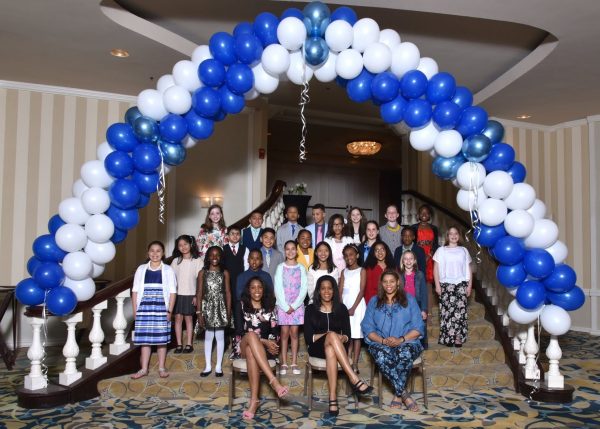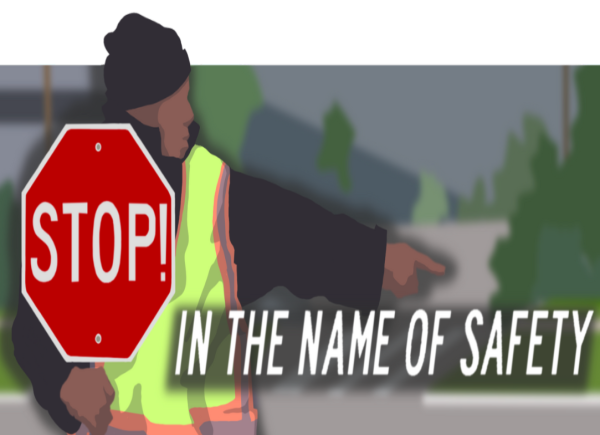Indivisible Evanston: political action over the summer
In 2017, just after Trump took office, as the world began to feel like it was spiraling out of control, Leah Greenberg and Ezra Levin made a plan.
“They sat at their kitchen table, and they wrote out the things they were going to do. They sent the list to their friends, and their friends sent it to their friends,” says Rosie Rees, a co-leader of Indivisible Evanston and manager of the Indivisible Illinois weekly newsletter. “It just bloomed over social media and lots of different groups popped up.”
One of those groups is the one Rees runs: the local Evanston branch. It’s completely grassroots, and volunteer based. Since 2017, they’ve been constantly working to create political change across the nation. Originally their goal was simply to prevent Trump’s re-election, but since the election this November they’ve expanded their mission to a more general focus on creating progressive legislation across the board.
“We’ve done voter registration, we’ve done phone banking, we’ve done text banking, we’ve done postcarding, we’ve done rallies, we’ve demonstrated at our elected officials’ offices; we’ve done everything you can imagine,” Rees says.
And they mobilized all of these tools with much more urgency in the lead-up to the 2020 election. The Evanston branch even extended its reach into other crucial swing states to try to protect the fairness of the election.
“We worked with the Wisconsin democrats on their voter protection hotline, and answered calls for voters who didn’t know where the ballot boxes were, how to vote by mail, what to do—we really had a lot of help for [voters],” Rees says.
After the Democrats’ success in the general election, Indivisible Evanston moved on to a new target: getting rid of the filibuster.
“We have been working very hard since this February to convince our two senators Durbin and Duckworth- who have been on the fence about this- to agree to change the filibuster,” Rees says. “At the corner of Green Bay and McCormick, there’s a big yellow sign on the fence. It says ‘deadline for democracy.’ That’s our sign up there, and it’s telling people to call our senators and tell them to get rid of the filibuster.”
As one small branch of a national organization, one of the best things about Indivisible is that they’re not in it alone. At the same time as Indivisible Evanston was mobilizing in Illinois, branches across the country were also fighting to convince their senators or even less sympathetic senators from other states to remove the filibuster. There’s a whole web of different grassroots organizations all working under the same umbrella who are more than willing to help one another.
“We’re always communicating with each other. We’re always telling each other what we’re doing and inviting the other groups to participate in our actions.” Rees says.
When it comes to large-scale political change, strength in numbers like this is often crucial. But Rees also want to emphasize how much strength there is in one voice alone. Any movement is made up of individual people, and part of the point of activist groups is to remind you that no matter how small you may feel, you can do something with your voice.
“People want to complain that one vote doesn’t matter. Here’s an example of where that’s wrong. We were working with an organization called sister district that works to change state legislatures from Republican to Democrat. There was a woman who was running in Virginia, and she ended up losing because of a coin toss. Because she had one vote less than the person she was running against, which meant that based on their system, they actually tossed a coin to decide who was going to be the winner.” Rees says, “So people should never feel like they’re alone. Or that they’re only one voice, they’re only one vote. One vote, one voice, can make such a big difference.”
Your donation will support the student journalists of the Evanstonian. We are planning a big trip to the Journalism Educators Association conference in Philadelphia in November 2023, and any support will go towards making that trip a reality. Contributions will appear as a charge from SNOSite. Donations are NOT tax-deductible.










